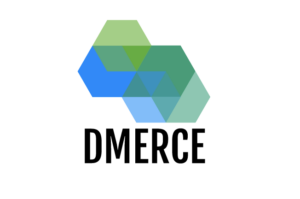Supply Chain Management.
Supply chain management is the handling of the entire production flow of a good or service — starting from the raw components all the way to delivering the final product to the consumer. A company creates a network of suppliers that move the product along from the suppliers of raw materials to those organizations that deal directly with users. According to the ICO, there are five components of traditional supply chain management systems, these classify as planning, sourcing, manfucaturing, delivery and logistics and returning. With our service we aim at minimizing our clients’ costs, as well as waste and time in the production cycle. Referring to the pillars of SCM the key factors weigh in as the identification of potential problems to counteract potential issues beforehand with the help of data analysis, manfucaturers may be able to anticipate shortage before the buyer is disappointed. The construct also offers dynmaic price optimization. Due to several products having limited shelf life, enterprises typcially tend to adjust prices dynmaically to meet demand with the help of analytic software. And lastly, our focus maintains with finding the right analytical software tools to help allocate resources at a rapid pace, and work based on sales forecast and actual orders.
E-Commerce.
E-commerce is the buying and selling of goods and services, or the transmitting of funds or data, over an electronic network, primarily the internet. These business transactions occur either as business-to-business, business-to-consumer, consumer-to-consumer, or consumer-to-business. Our aim is to offer a variety of applications, such as Email, online catalogues, and shopping carts as well as electronic data interchange and web services. We also include B2B activities and outreach, such as using email for unsolicited ads, usually viewed as spam. We want to enhance our business stream by enabling tools to manage e-commerce businesses providing open-source platforms that require a hosting environment in combination with complete manual implementation and maintenance.
Web3.
Web 3.0 is the latest Internet technology that leverages machine learning, artificial intelligence and blockchain to achieve real-world human communication.Web 3.0 has the potential to provide far greater utility to users, going well beyond the social media, streaming, and online shopping that comprise the majority of Web 2.0 applications used by consumers. Capabilities like Semantic Web, AI, and machine learning that are at the core of Web 3.0 have the potential to greatly increase application in new areas and vastly improve user interaction. Core features of Web 3.0, such as decentralization and permissionless systems, will also give users much greater control over their personal data.




